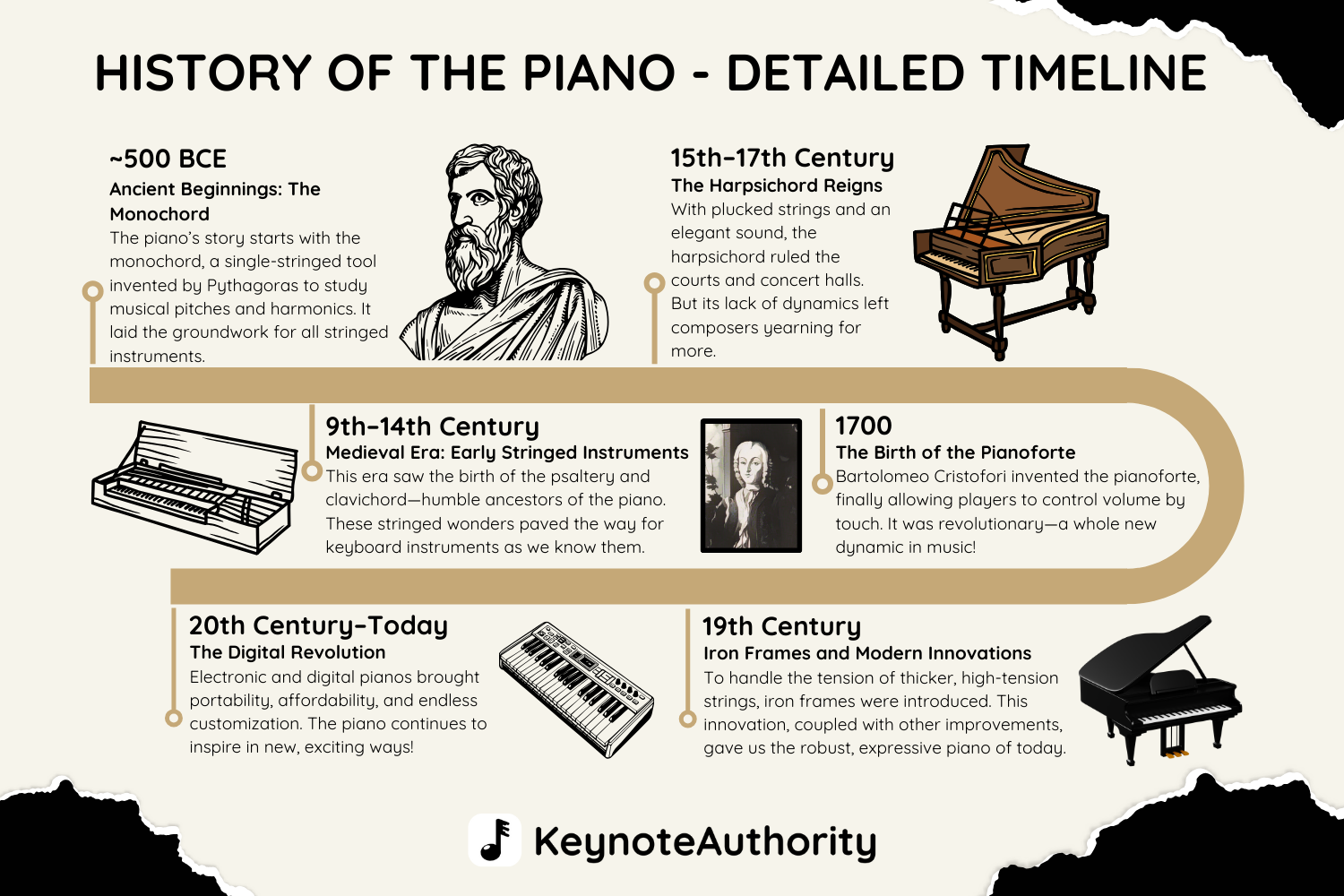The Arrival of the Piano: A Milestone in Korean Music History

In December 1893, missionary Oliver R. Avison (1860–1956) made a significant entry into Seoul, bringing with him a piano that would mark a new chapter in Korean music. The piano, which arrived at Jemulpo Port, was transported by an ox-drawn cart over a rugged 50-kilometer journey to the capital. Upon its arrival at Avison's home, the family gathered around the instrument, joyfully singing hymns. Avison later recounted this moment, noting his wife's particular concern for the piano's safe transport through various means—train, ship, and cart—before they finally opened the piano box to find all the keys in perfect condition. The first melody played was 'God of Grace and Glory,' and the family celebrated by singing together around the piano.
Avison, who had come to Korea as a missionary after being invited by Horace Underwood (1859–1916), was not only a medical professional but also a key figure in establishing medical education in Korea. He managed the Jejungwon hospital, founded Severance Hospital and its medical school, and served as the principal of Yonhee College from its establishment in 1917 until 1934.
The piano, however, was not the only instrument of note during this period. Avison's daughter, Lera Avison, learned music on this very piano and later taught at Jeongshin Girls' School, showcasing the growing influence of Western music in Korea.
Another notable account of a piano's arrival in Korea comes from the Sidebotham couple, who arrived in Daegu in November 1899. They faced their own challenges in transporting a piano, employing over twenty men to carry it on a makeshift stretcher for a distance of 16 kilometers, taking two nights to complete the journey due to the need for rest.
By the 1920s, the piano had become a coveted item among Koreans, symbolizing modernity and cultural sophistication. In a 1921 short story titled 'Concert' by writer Min Tae-won, the piano is depicted as an essential part of a modern home, alongside luxurious items like a diamond ring and a car. The perception of owning a piano became synonymous with cultural status, as noted in various publications of the time, which suggested that having a piano was a prerequisite for being considered cultured.
As the demand for pianos grew, some modern couples even resorted to purchasing pianos on installment plans, equating the cost to an entire year's salary. This trend reflected the societal shift towards embracing Western music and modern lifestyles, marking a significant cultural transformation in Korea.
What do you think?
0 reactions





